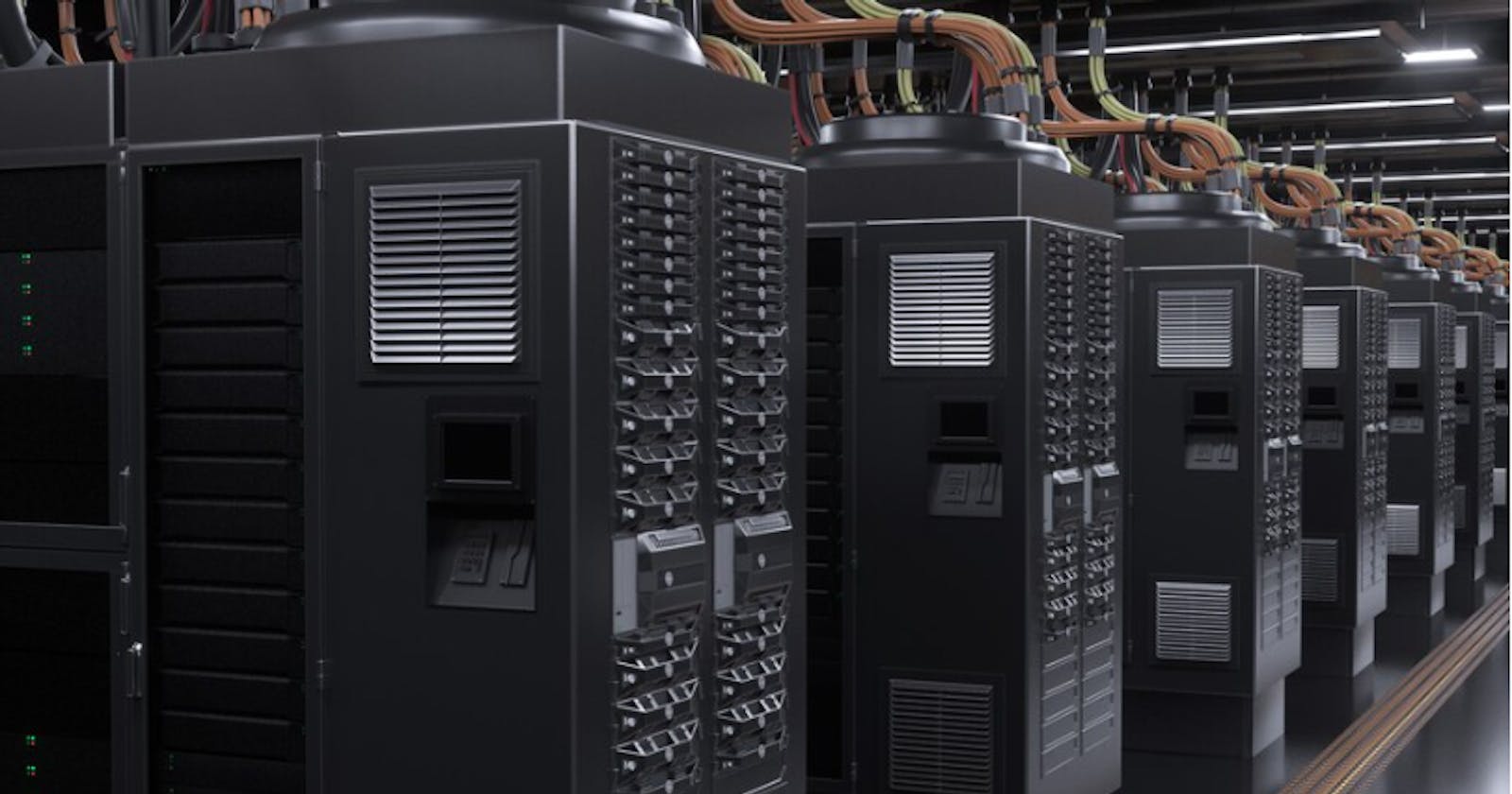Network-attached storage or NAS systems have become one of the essential components for both home and business networks. NAS is a centralized storage system that allows users to store and access data from a network. It offers many advantages over traditional storage solutions, including ease of use, scalability, and data protection. With the increasing demand for NAS among individuals and businesses, manufacturers have introduced several types of NAS systems to cater to various requirements and budgets. In this blog post, we will be exploring the different types of NAS systems available on the market.
Single Bay NAS Systems
Single-bay NAS systems are the simplest and most affordable NAS devices available on the market. These systems come with a single hard drive that is accessible over a network. Single-bay systems are suitable for home and small office use, where the demand for storage is relatively low. While these systems are affordable, they offer limited storage capacity and no RAID protection.
Multi-Bay NAS Systems
Multi-bay NAS systems are designed for businesses and individuals with high storage requirements. These systems come with multiple hard drive bays that allow the user to add more drives for additional storage capacity and redundancy. Multi-bay systems offer various RAID levels like RAID 0, RAID 1, RAID 5, and RAID 6, providing data protection and performance. Multi-bay NAS systems are available in two forms – compact desktop systems and rack-mountable systems.
Cloud NAS Systems
Cloud-based NAS systems are becoming increasingly popular among businesses and enterprises. These systems allow users to access their data from remote locations while providing the data security and performance of a traditional NAS. Cloud NAS systems typically use third-party cloud providers like Amazon or Microsoft Azure to store data. Cloud NAS systems benefit businesses who need remote access to their data and who want to reduce hardware infrastructure costs.
DIY NAS Systems
Do-it-yourself (DIY) NAS systems are becoming a popular alternative among tech-savvy individuals who want to build their own NAS systems. DIY NAS systems allow the user to customize their NAS with specific hardware and software requirements needed for their use case. These systems can be significantly cheaper than off-the-shelf NAS systems but require a good understanding of computer hardware, software, and networking.
Enterprise NAS Systems
Enterprise NAS systems are designed to cater to the high-performance requirements of large businesses and enterprises. These systems come with multiple hard drive bays and advanced RAID levels to offer maximum performance and data protection. Enterprise NAS systems also come with additional features like dual power supplies and hot-swappable drives, ensuring a more robust and resilient system.
Conclusion
Network-attached storage systems continue to evolve to meet the varying demands of businesses and individuals. Based on your storage requirements and budget, you can choose from among different types of NAS systems available on the market. It is essential to understand the advantages and limitations of each type of NAS system before making a purchase. Whether you are a home user, small business, or enterprise, there is a NAS system available that will cater to your data storage and access needs.
